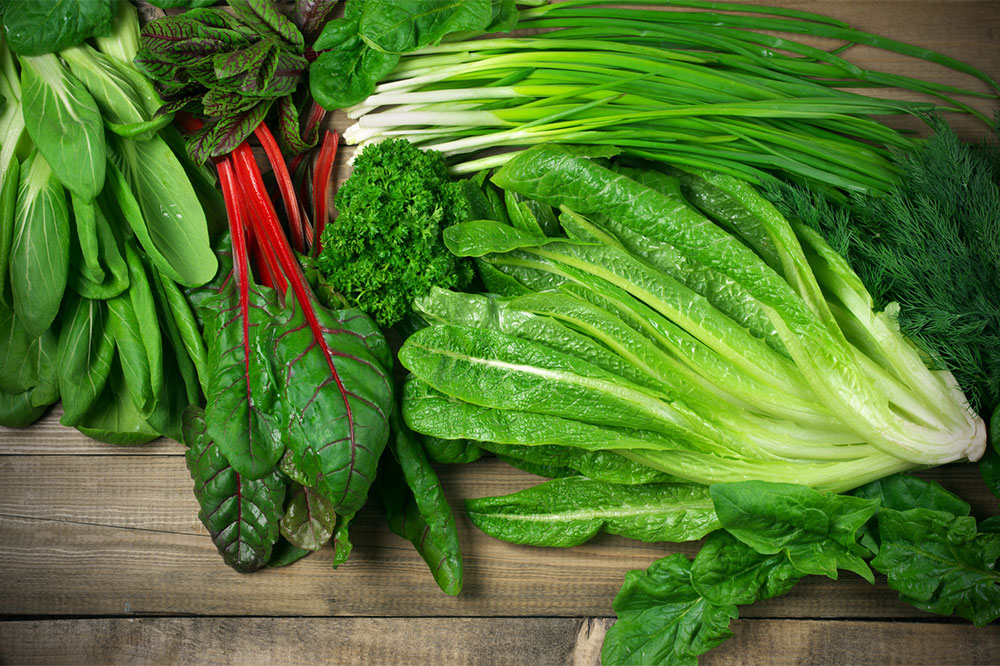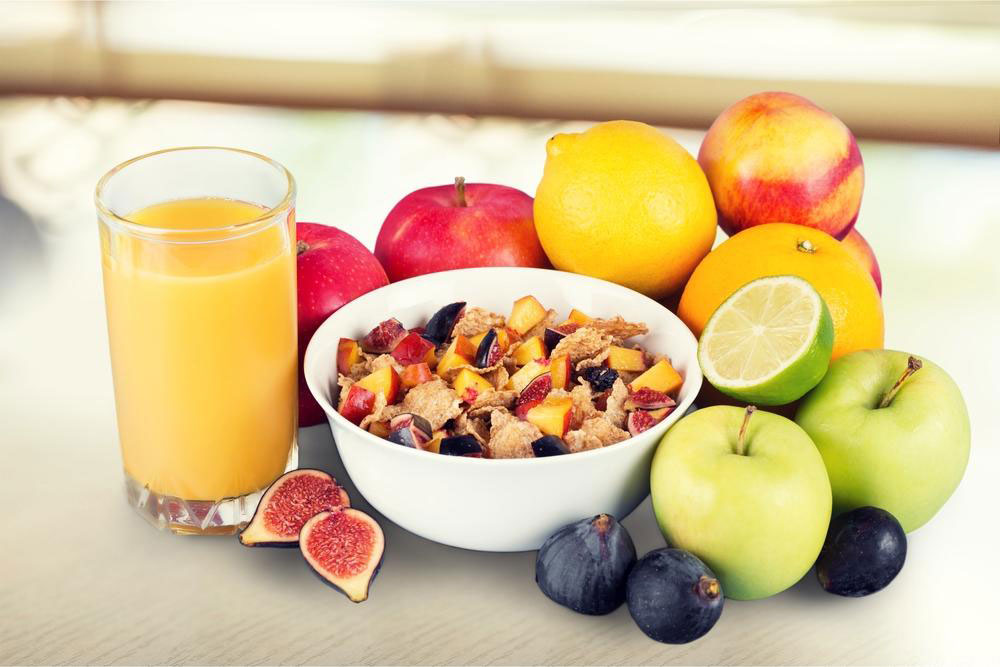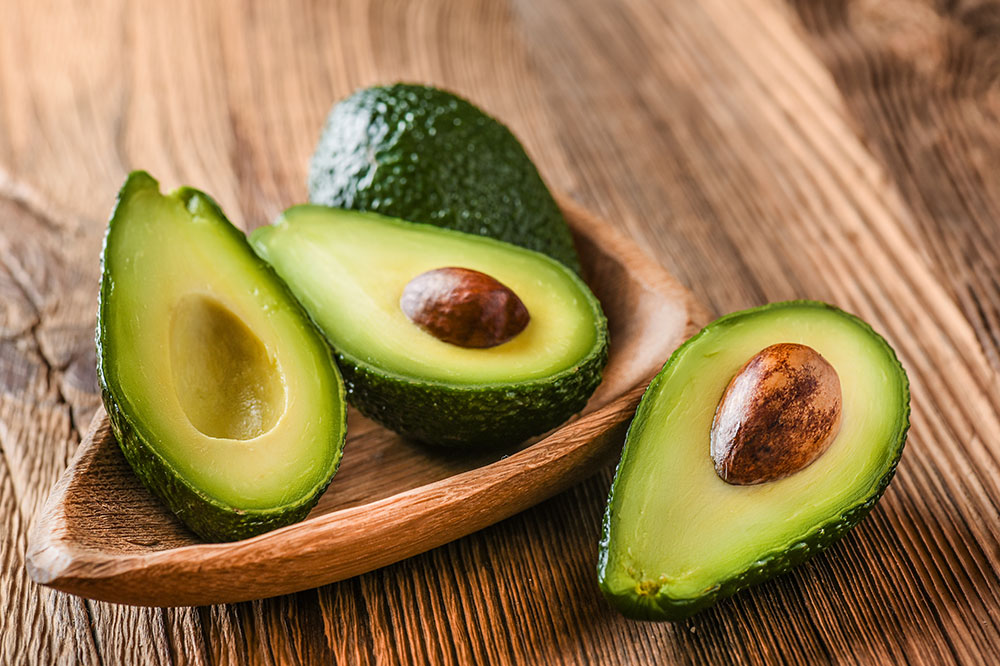Essential Nutrients and Foods to Promote Kidney Health and Function
This comprehensive guide explores key foods and nutrients that support kidney health, highlighting the importance of balanced nutrition and lifestyle choices in maintaining renal function. Featuring nutrient-rich vegetables, fruits, healthy fats, and omega-3-rich fish, the article offers practical dietary advice for promoting kidney wellness and preventing kidney disease. Ideal for health-conscious individuals and those at risk, this detailed overview underscores the significance of early intervention and proper nutrition for long-term kidney health.

Essential Nutrients and Foods to Promote Kidney Health and Function
The human kidneys are remarkable organs that perform vital functions necessary to sustain life and promote overall wellness. Situated on either side of the lower back beneath the rib cage, these bean-shaped organs are instrumental in filtering blood to remove waste products, excess fluids, and toxins. Beyond this primary role, they also help regulate the body's pH balance, maintain electrolyte levels, and produce hormones that influence blood pressure and red blood cell creation. Additionally, kidneys activate vitamin D, which is vital for calcium absorption and bone health. Maintaining optimal kidney function is integral to a healthy body and lifestyle.
Healthy kidneys contribute to effective waste elimination, hormonal balance, and fluid regulation, all of which are crucial for inner harmony and physical vitality. Supporting kidney health involves a combination of proper nutrition, hydration, physical activity, and regular medical checkups, especially for those with risk factors such as diabetes, high blood pressure, or a family history of kidney disease.
Key Foods That Support Kidney Function
Eating a balanced and nutrient-rich diet plays a significant role in enhancing kidney health. Consuming foods that supply vital vitamins, minerals, and antioxidants can help prevent or slow the progression of kidney damage, ensuring these organs function efficiently throughout life. It is particularly important for individuals with existing kidney conditions to consult healthcare professionals before making significant dietary changes. Here are some of the most beneficial foods for kidney vitality:
Dark Leafy Vegetables
Vegetables such as kale, spinach, Swiss chard, and collard greens are densely packed with beneficial nutrients, including calcium, vitamins A, C, and K, magnesium, and folate. These greens also possess antioxidants like beta-carotene, which bolster immune health and overall vitality. Incorporating these nutrient-dense vegetables into your diet can support cellular detoxification and healing processes while providing essential micronutrients that foster kidney health. However, those with kidney disease should moderate their intake of high-potassium vegetables and seek dietary guidance from healthcare providers.
Berries
Fruits like strawberries, blueberries, raspberries, and blackberries are rich in dietary fiber, antioxidants, and essential minerals. Strawberries contain anthocyanins—powerful plant compounds that support cellular health and reduce inflammation. Raspberries are abundant in ellagic acid, which combats free radicals and supports detoxification. Blueberries contribute phytochemicals that may lower cancer risk and enhance immune function. Regular consumption of berries can assist in reducing oxidative stress on kidneys and improving overall health.
Cranberries
Cranberry products, especially pure cranberry juice, are renowned for their ability to prevent urinary tract infections by preventing bacteria from attaching to the bladder walls. Their consumption may also be linked to benefits for heart health and anti-cancer properties. Including dried cranberries in salads, oatmeal, or baked dishes, along with natural cranberry juices or sauces, can provide a tasty way to support urinary and renal health while enjoying their natural antioxidants.
Sweet Potatoes
Sweet potatoes are a nutrient-dense root vegetable providing fiber, potassium, and essential vitamins. Their high potassium content helps regulate sodium levels and reduce blood pressure, both of which are crucial for kidney health. They also contain antioxidants that help reduce renal stress and inflammation. Moderation is advised for those with kidney disease, especially since potassium levels must be carefully managed. Swap regular potatoes or refined carbs with sweet potatoes in recipes like baked fries or mashed dishes to enhance nutritional value while supporting kidney function.
Healthy Fats – Olive Oil
Extra virgin olive oil is a healthy fat loaded with polyphenols, antioxidants, and anti-inflammatory compounds. Its oleic acid content helps decrease inflammation and oxidative damage, which are processes detrimental to kidney health and overall aging. Using olive oil as a primary cooking fat or drizzling it over salads provides a heart-healthy alternative to saturated fats, supporting vascular health and reducing risks associated with high blood pressure. Choosing high-quality, darkly bottled olive oil preserves its nutritional integrity.
Omega-3 Rich Fish
Cold-water oily fish like salmon, sardines, tuna, mackerel, and herring are abundant in omega-3 fatty acids. These essential fats are powerful anti-inflammatory agents that support healthy blood pressure, reduce harmful blood fats, and promote cardiovascular health. Including fatty fish in your diet at least twice a week can help maintain kidney health, decrease inflammation, and improve overall circulation. For those with fish allergies or dietary restrictions, omega-3 supplements derived from algae or fish oil can be considered under medical advice.
In conclusion, maintaining kidney health involves a holistic approach encompassing proper nutrition, hydration, physical activity, and regular doctor visits. Prioritizing the consumption of nutrient-dense foods like leafy greens, berries, cranberries, sweet potatoes, olive oil, and omega-3-rich fish can significantly contribute to preserving renal function. For individuals with existing kidney issues or at risk, professional medical guidance is essential to develop personalized dietary plans and monitor kidney performance effectively. By adopting these dietary strategies and lifestyle habits, you can support your kidneys' vital functions and enhance your overall health and longevity.





